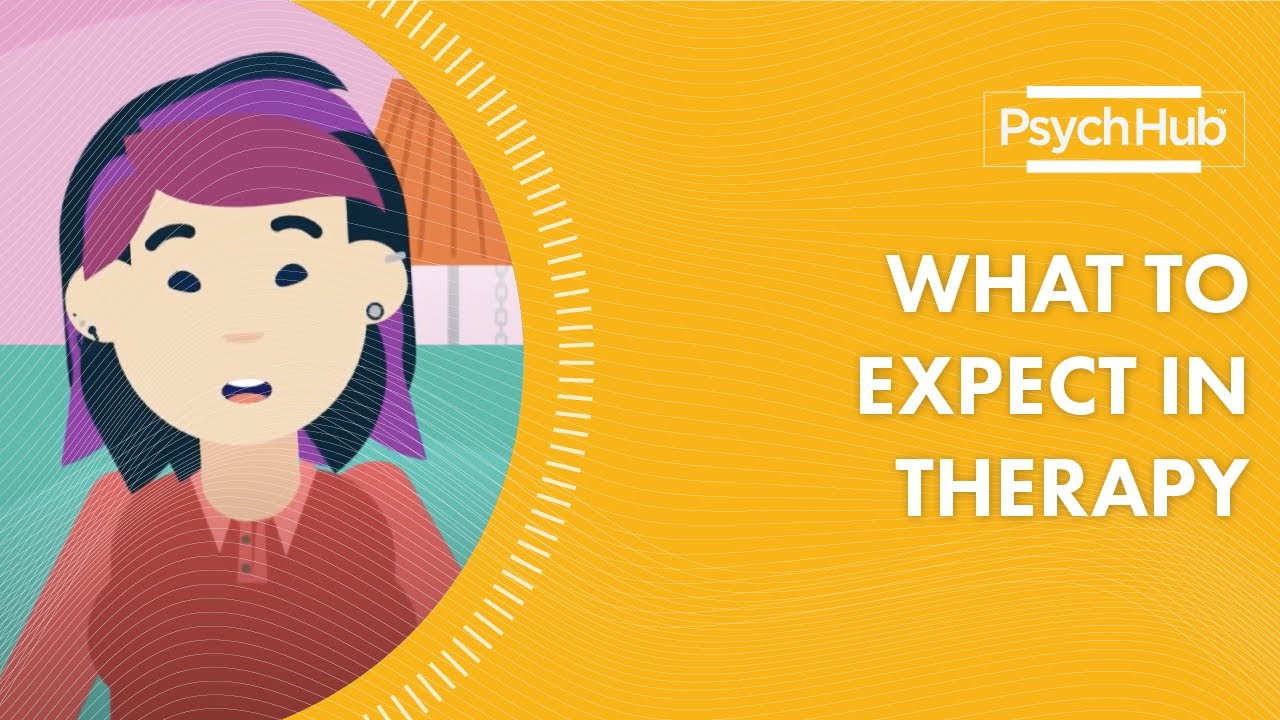Have you ever wondered why mindfulness has become such a buzzword in recent years? While it may seem like a modern trend, mindfulness’s roots stretch deep into ancient spiritual practices, and its benefits are both profound and scientifically supported.
Mindfulness Definition
Mindfulness involves focusing your mind on an object, such as your breath or virtuous thoughts. This practice has ancient origins, often connected with spiritual traditions like Buddhism. Essentially, mindfulness is the art of being present—fully engaging with the current moment rather than dwelling on the past or worrying about the future.
To put it simply, mindfulness isn’t just about what you think; it’s about how you think. By training your mind to focus, you anchor yourself in the present moment. This helps in managing stress and brings clarity, allowing you to respond thoughtfully rather than react impulsively to life’s challenges.
Challenges of Practicing Mindfulness
Maintaining mindfulness can feel like an uphill battle. Your brain has a natural tendency to wander—a phenomenon often referred to as the “monkey mind.” This isn’t surprising, given that human minds are wired for survival, constantly scanning the environment for potential threats or opportunities.
However, don’t be discouraged. It’s perfectly normal for your mind to drift. The key is to gently bring your focus back to the object of your mindfulness practice, whether it’s your breath, a thought, or a simple task at hand. Consistency in practice can dramatically improve your ability to stay present, even when life pulls you in various directions.
Benefits of Mindfulness
Mindfulness offers a myriad of benefits that extend beyond mere stress reduction. Let’s break them down to better understand how they can enhance your life.
Psychological Benefits
Mindfulness has been shown to significantly reduce anxiety, depression, and stress. When you’re present, you’re less likely to be caught up in the whirlwind of negative thoughts that often lead to these mental health issues. This doesn’t mean that mindfulness erases your problems; rather, it equips you with the mental tools to better manage them.
Emotional Benefits
Mindfulness increases self-compassion, a crucial component for emotional well-being. When you’re kind to yourself, acknowledging your flaws and mistakes without harsh judgment, you build a healthier self-image. This, in turn, fosters resilience, allowing you to bounce back from setbacks more easily.
Physiological Benefits
Mindfulness also brings physiological benefits. It can decrease your heart rate, enhancing relaxation and lowering blood pressure. These changes contribute to overall better cardiovascular health. Furthermore, mindful practices have been found to improve sleep quality, which can be a game-changer in your overall well-being.
| Benefit Type | Specific Benefits |
|---|---|
| Psychological | Reduces anxiety, depression, and stress |
| Emotional | Increases self-compassion and resilience |
| Physiological | Decreases heart rate and blood pressure, improves sleep |
Understanding the Origins of Mindfulness
Although often associated with Buddhism, mindfulness practices also have roots in Hinduism and Jainism. These spiritual traditions use mindfulness as a tool to achieve enlightenment, self-awareness, and inner peace.
Buddhism
In Buddhism, mindfulness is one of the Eightfold Path’s critical components, guiding followers toward enlightenment. The practice was initially outlined by the Buddha over 2,500 years ago, emphasizing mindfulness as a means to understand the nature of suffering and to cultivate compassion.
Hinduism and Jainism
Hindu mindfulness practices often involve meditative techniques like focusing on a mantra or breath. Jainism, too, integrates mindfulness into its spiritual discipline to achieve self-realization and liberation from suffering. These varied traditions converge on the essential idea that mindfulness cultivates a deeper understanding of oneself and the world.
Modern Usage of Mindfulness
Today, mindfulness has transcended its spiritual origins to find a place in secular practices, thereby becoming accessible to a broader audience.
Mindfulness-Based Stress Reduction (MBSR)
One of the most successful secular programs is Jon Kabat-Zinn’s Mindfulness-Based Stress Reduction (MBSR). Kabat-Zinn’s approach integrates mindfulness with Western medical and psychological practices, offering tangible benefits like reduced stress and enhanced emotional well-being.
Diverse Settings
Mindfulness is now used in a variety of settings, from boardrooms to classrooms, and even hospitals. For instance, corporations employ mindfulness training to improve employee focus and productivity. Schools integrate mindfulness to help students manage stress and enhance emotional regulation. Hospitals use mindfulness-based approaches in pain management and recovery programs.
| Setting | Application |
|---|---|
| Corporations | Improve focus and productivity |
| Schools | Manage student stress and emotional regulation |
| Hospitals | Pain management and recovery programs |
Commercialization of Mindfulness
Despite its widespread adoption, mindfulness has faced criticism over its commercialization. Many argue that stripping mindfulness of its spiritual and cultural roots reduces it to a mere self-help tool, devoid of its deeper, more meaningful aspects. When mindfulness is marketed as a quick fix or a trendy habit, it risks losing its transformative potential.
Criticism of Modern Mindfulness Practices
While mindfulness can be incredibly beneficial, it’s essential to be aware of its limitations and potential pitfalls.
Over-Commercialization
The over-commercialization of mindfulness has led to watered-down practices that may lack efficacy. When mindfulness is reduced to a product, something to be bought and sold, it often loses its depth and fails to offer sustained benefits. This commercialization can strip mindfulness of its original meaning and value, reducing it to a mere buzzword.
Inappropriate Use
Mindfulness is sometimes inappropriately used to pacify individuals rather than empower them. For instance, in some workplaces, mindfulness is introduced as a way to manage stress, without addressing the root causes of that stress. This can lead to a form of victim-blaming, putting the onus on the individual to cope, rather than addressing systemic issues that contribute to stress.
Adverse Effects of Mindfulness
Although mindfulness is generally safe, it’s not without potential adverse effects. For some people, mindfulness practices can increase anxiety or even trigger panic attacks. These adverse effects are relatively rare, but they highlight the importance of personalized approaches and professional guidance.
Triggering Anxiety or Panic Attacks
Mindfulness can sometimes bring up unresolved emotional issues, leading to increased anxiety or panic attacks. If you have a history of trauma or severe anxiety, it’s crucial to approach mindfulness with caution. Professional guidance from a mental health expert can help you navigate these challenges safely.
Cultural Sensitivity in Mindfulness Practice
For mindfulness to be truly effective and meaningful, it’s essential to consider cultural contexts. Practices should be tailored to respect and integrate cultural beliefs and values. In this way, mindfulness can benefit both individual well-being and community cohesion.
Contextual and Culturally Sensitive Practice
Effective mindfulness practice should resonate with cultural contexts. For example, community-based mindfulness programs that incorporate cultural elements can foster a more inclusive and supportive environment. This approach ensures that mindfulness practices are not only effective but also respectful and meaningful.
Community Benefit
Mindfulness practices that are culturally sensitive can enhance community well-being. By fostering mutual respect and understanding, these practices can build stronger, more cohesive communities. This, in turn, can create a supportive environment where individuals can thrive.
Conclusion
Understanding the origins and benefits of mindfulness equips you with the knowledge to practice it thoughtfully and effectively. While challenges and criticisms exist, the myriad benefits make mindfulness a valuable tool for improving mental, emotional, and physiological health.
By maintaining a balanced view—acknowledging both its profound potential and its limitations—you can incorporate mindfulness into your life in a meaningful and impactful way. Whether rooted in ancient spiritual traditions or adapted to modern secular contexts, mindfulness offers a path to greater clarity, compassion, and well-being.




